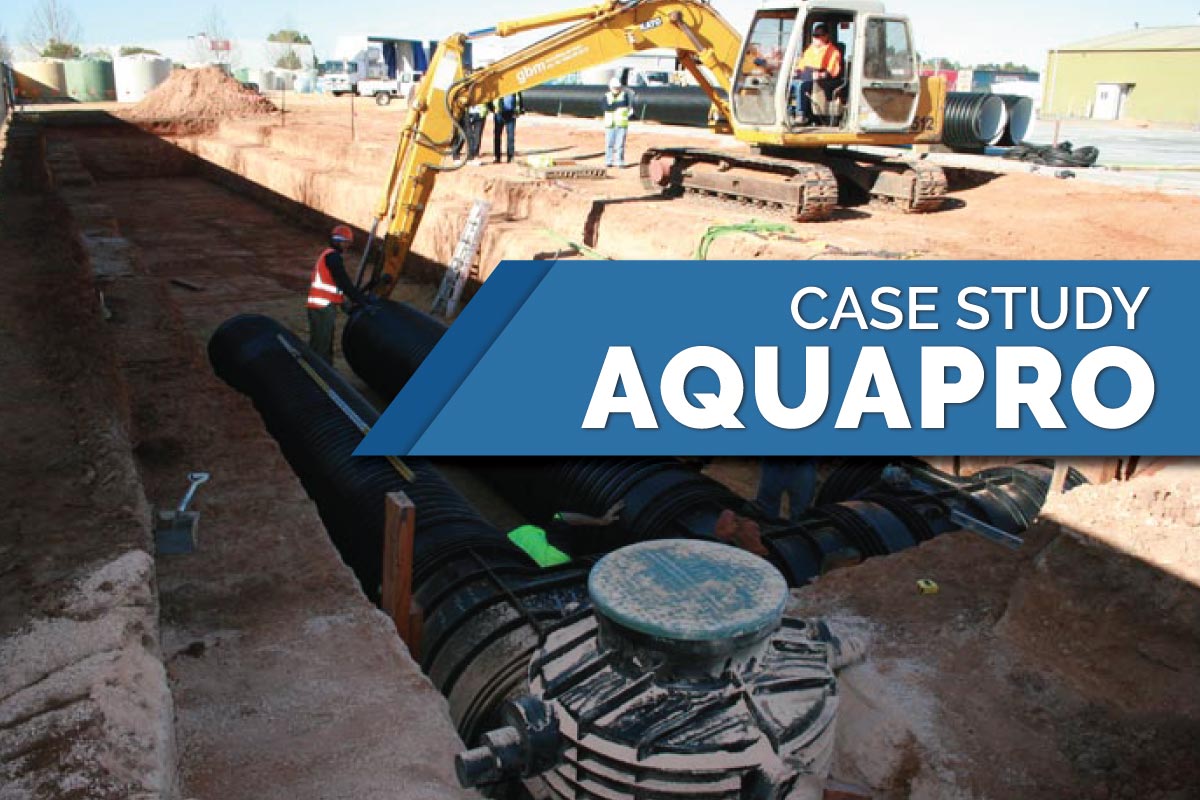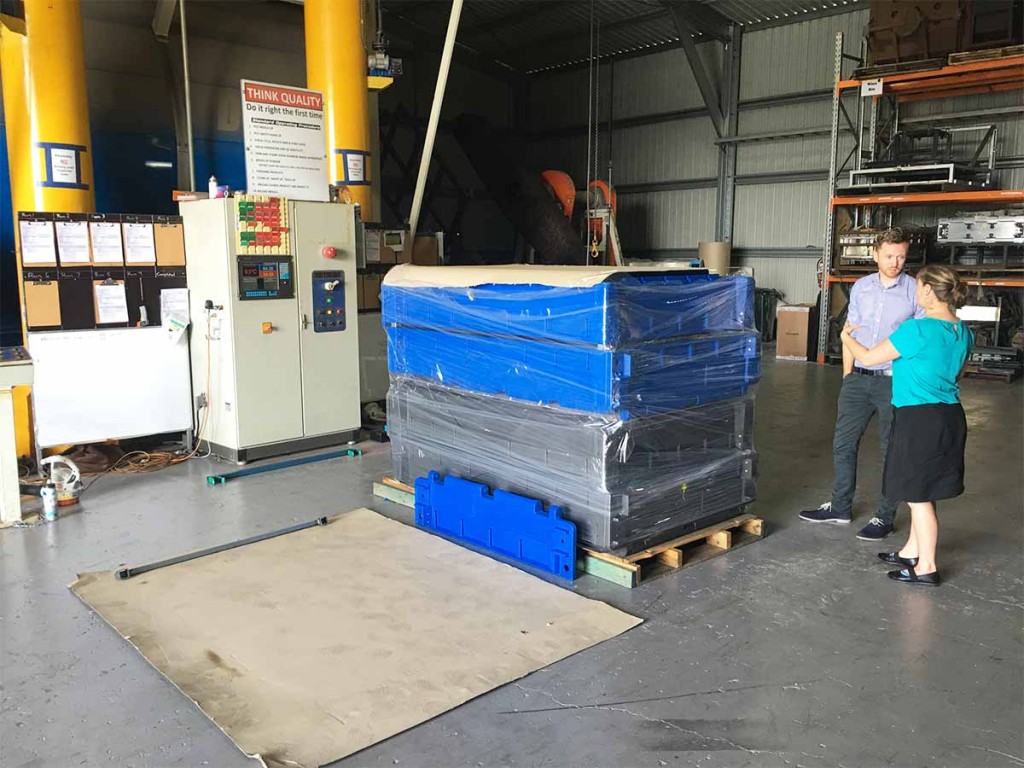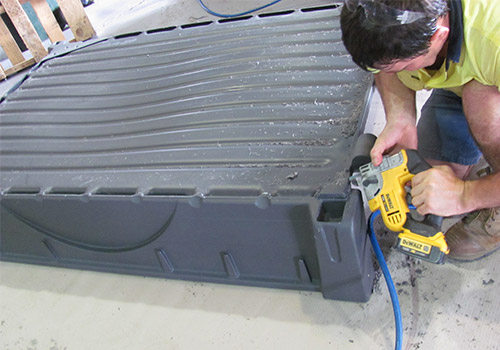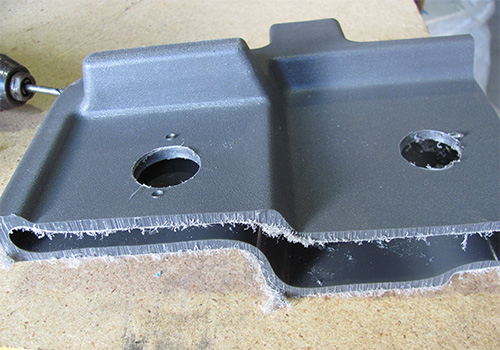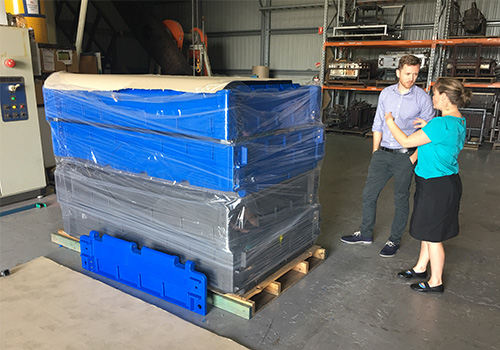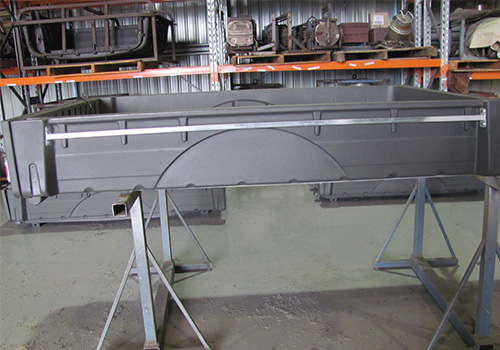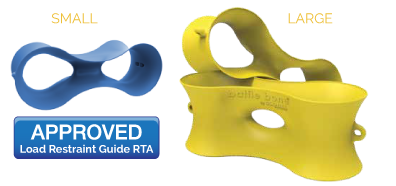Case Study: AquaPro
From concept design to product prototyping and testing, Global Rotomoulding are passionate about developing innovative products and moulding plastic in a creative way.
In this case study, we take a look at the development process of one of our most unique product collaborations, the AquaPro, and walk you through the benefits of using rotational moulding for custom projects.
What is the AquaPro?
The AquaPro is a commercial, underground water storage system with a large capacity (over 1 million litres), and was developed in collaboration with Vinidex and Trymak. Due to its large size, it is primarily installed under places like shopping centres, office blocks and car parks. However, unlike most large underground water storage solutions — such as concrete tanks and injection moulded structures — the AquaPro was designed to be cost-effective, versatile, and modular.
The design
Similar to a puzzle, the AquaPro was designed to have rotomoulded components which seamlessly fit together and can be arranged in multiple configurations. The main advantage of having a composite structure (i.e. made up of several parts and elements) is that the tooling expenses are minimised and the system can be easily installed by regular drainage plumbers in areas that are usually difficult to access (e.g. heritage listed sites). With custom-designed rotomoulded joiners, the AquaPro was meticulously engineered to meet structural codes, resist external pressures, maximise water volume, and prevent leaking.
Rotomoulding technology
Moulding consistently accurate parts with dimensional stability can be challenging. However, with the latest rotomoulding technology and machinery, we were able to produce high quality, stress-free components with surface finishes comparable to those of injection moulding. Some of the benefits of using rotational moulding technology for the Aquapro include: low lead times for the moulds (2-4 weeks), the ability to run different moulds simultaneously on the same equipment, the ability to mould intricate components easily, and lower costs.
Global Rotomoulding are experts at producing custom moulds and products with complex shapes. If you’re interested in producing rotomoulded components, send us an enquiry or give us a call today: 1800 666 333.

